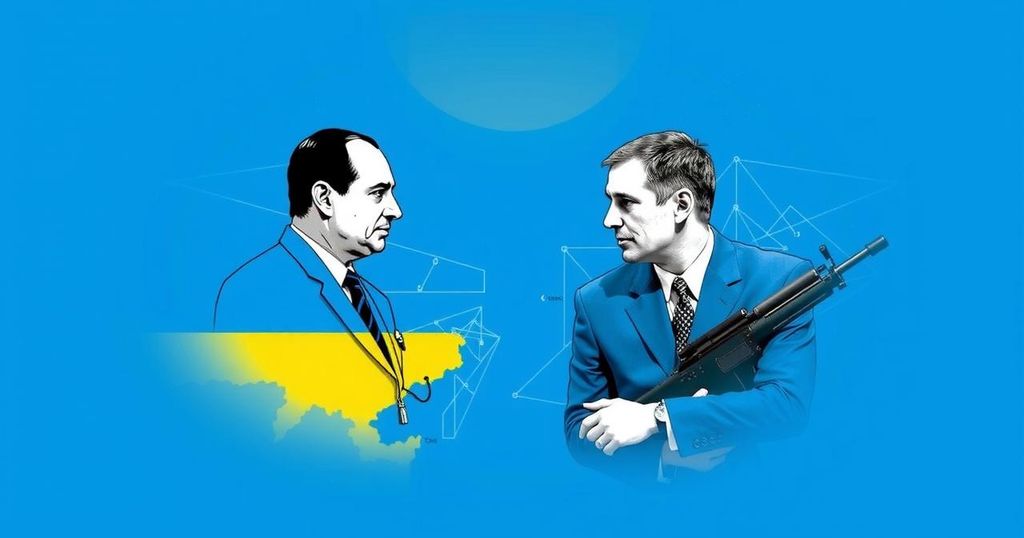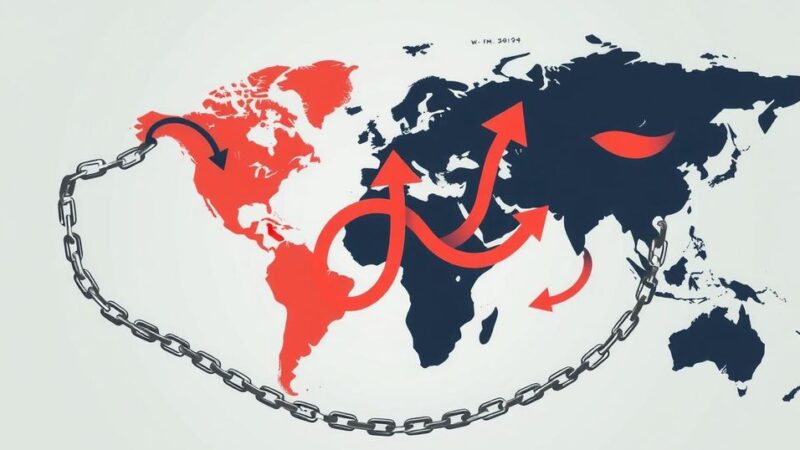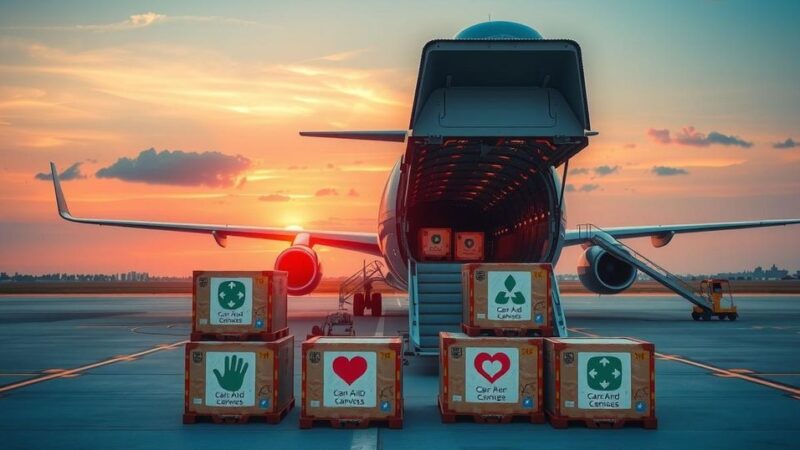The U.S. presidential election could impact NATO discussions, particularly regarding support for Ukraine. Secretary of Defense Lloyd Austin noted concerns over future aid levels if Trump were to win. NATO officials emphasize the need for Europe to increase its role in security assistance, as Russia’s military support from allies grows, leading to a troubling outlook for Ukraine’s defense as winter approaches.
The impending United States presidential election casts a shadow over NATO discussions among defense chiefs, as NATO allies prepare for a potential decrease in U.S. support for Ukraine if Donald Trump were to win. During a recent meeting at NATO, U.S. Secretary of Defense Lloyd Austin acknowledged concerns among allies regarding future aid for Ukraine, stressing that while he cannot forecast the election’s outcome, bipartisan support for Ukraine persists in Congress. NATO officials have indicated a shift in expectation regarding the U.S. role, suggesting that they must anticipate reduced U.S. contributions. “We cannot expect that the U.S. will continue to take on an outsized burden in supporting Ukraine,” one senior NATO official stated, emphasizing the need for increased European commitment to security assistance. The prospect of a Trump presidency raises uncertainties about U.S. aid to Ukraine, especially after Trump refrained from declaring support for Ukraine in its conflict with Russia, labeling Ukrainian President Volodymyr Zelensky as a “salesman” and criticizing the war’s initiation. Current assessments indicate that Russia is making tactical advances on the battlefield, significantly outgunning Ukrainian forces and entering a difficult winter with a solid advantage in resources. Concerns have been voiced about the Biden administration’s reluctance to allow Ukraine to utilize U.S.-supplied long-range missiles against Russian targets. Austin proposed that Ukraine’s own drones could more effectively target essential sites within Russia. In response to concerns about potential U.S. withdrawal from aid, NATO is consolidating authority to train Ukrainian troops and provide military assistance to ensure a steady flow of support. Despite these measures, the full mechanisms for this initiative are still being developed. European nations are also increasing their production of military resources to sustain support for Ukraine independently of U.S. assistance if necessary. Meanwhile, the current situation for securing long-term financing for Ukraine’s military, supported by the EU and G7, has encountered hurdles, particularly due to Hungary’s objections to changing sanctions against Russian assets. As the U.S. administration seeks to bolster Ukraine’s defense capabilities, challenges remain, with Moscow reportedly generating a substantial amount of munitions and receiving significant military aid from countries such as North Korea and Iran. Austin has sought to assure NATO allies of ongoing U.S. weapons production enhancements to support Ukraine consistently. Despite the challenges posed by prospective political changes in the U.S., NATO Secretary General Mark Rutte expressed confidence in the alliance’s ongoing unity regardingUkraine assistance, stressing that supporting Ukraine is fundamentally an investment in collective security.
The geopolitical climate surrounding Ukraine is increasingly complex, particularly in light of the upcoming U.S. presidential election, which could significantly alter the dynamics of international support for Ukraine. The potential election of Donald Trump, who has previously expressed skepticism about ongoing support for Ukraine, raises concerns among NATO allies. This situation is exacerbated by intensified military collaboration between Russia and nations such as North Korea, Iran, and China. The article highlights NATO’s strategic adjustments in response to these developments and underscores the need for European nations to assume greater responsibility for security assistance.
In conclusion, the looming U.S. presidential election poses significant uncertainty for NATO’s future assistance to Ukraine, with potential consequences for security dynamics in Europe. As NATO prepares for possible reductions in U.S. support, it emphasizes the importance of European commitment to countering Russian aggression. Despite the challenges posed by Russia’s strengthened military capabilities and support from its allies, NATO seeks to maintain unity and ensure that assistance to Ukraine remains a priority, framing it as an investment in collective security rather than mere charity.
Original Source: www.cnn.com







